Taking one final vacation snorkeling trip sounds like the perfect way to make some great memories before you have to return to the real world.
It might be especially nice to take a relaxing snorkel the morning before you check out if you have a flight later in the afternoon or evening.
But you’ve heard some scuba divers say that they need to leave time between their last dive and when they fly to stay safe.
Does this count for snorkeling as well?
We’re going to see that you don’t need to worry about leaving any particular length of time before you fly for regular snorkeling and duck diving.
We will discover that extreme freedivers need to be a little more cautious and wait.
So, go ahead and enjoy your snorkeling.
Just make sure you leave enough time to pack and get to the airport.
- Can You Fly After Snorkeling?
- How Long After Snorkeling Should You Wait Before Flying?
- Does It Depend on How Long I Was Snorkeling?
- How Come Flying After Snorkeling Is Safe if Scuba Divers Must Wait?
- What if I Duck Dived a Lot?
- Is There Any Way Snorkelers Could Get DCS (“The Bends”)?
- What About Freedivers?
- How to Sensibly Snorkel Before Your Flight (4 Tips)
- Conclusion
- You Might Also Like…
Disclosure: this post contains affiliate links (clearly marked with ), which means we may earn a commission if you buy something through them, at no additional cost to you.
Can You Fly After Snorkeling?
Snorkelers don’t need to wait for any particular amount of time before they get on an airplane.
So, if you want to, you can fly right after snorkeling.
Snorkelers spend their time at the surface happily cruising along.
So for most people, snorkeling is just the same as swimming as far as our bodies are concerned.
You’re breathing atmospheric air and not going under any extra pressure.
This means that you’re physically the same as someone who has been swimming.
Although you’ll have seen some more exciting things.
Because you have not undergone any specific physiological changes, flying as soon as you like after snorkeling is OK.
How Long After Snorkeling Should You Wait Before Flying?
You don’t need to wait any particular time before you fly after you’ve been snorkeling.
Practically, there will always be some delay between your snorkeling and flying, but it would be possible to get directly onto an airplane from a safe point of view.
Does It Depend on How Long I Was Snorkeling?
From a safety point of view, you could snorkel all day and still be fine to get onto an airplane.
As you are breathing regular atmospheric air, you’re no different from an ordinary person.
You don’t need to worry even if you’ve made a really long professional-level snorkel session.
How Come Flying After Snorkeling Is Safe if Scuba Divers Must Wait?
Scuba divers must leave a set time after their last dive before flying.
They also have to wait if they’re going to go to altitude, for example, going on a mountain hike.
Flying directly after diving puts a scuba diver at a high risk of decompression sickness.
Decompression Sickness (DCS), also known as “The Bends,” is the medical term for what a diver suffers when the nitrogen gas they have absorbed during a dive comes out of solution in their bodies too quickly.
The nitrogen can form bubbles in the diver’s tissues or bloodstream.
DCS can be extremely dangerous and even deadly for scuba divers.
Flying too soon puts the diver at DCS risk due to the reduced air pressure in the airplane cabin (about 75% of that at sea level).
When the airplane climbs to its cruising altitude, the remaining adsorbed nitrogen from their last dive may be able to form bubbles in the diver’s body and cause DCS because the outside air pressure is no longer keeping it dissolved.
Although the recommendations vary, most responsible scuba divers will leave at least 24 hours from the end of their last dive until the start of their flight.
Snorkelers don’t need to be concerned about this because they haven’t breathed pressurized gas underwater or spent extended periods beneath the surface.
In fact, many scuba divers like to spend the last day of their holiday “off-gassing” by going snorkeling.
While they can’t spend time underwater, they can still enjoy the sights.
What if I Duck Dived a Lot?
When the average snorkeler duck dives, they are underwater for a short time and only reach a relatively shallow depth.
Duck diving will not put you at a decompression sickness risk when you fly.
However, you should be aware that it’s easy to give your ears a pressure injury (barotrauma) if you duck dive a lot and can’t perfectly equalize.
Having an ear injury will be very uncomfortable on a flight.
You will need to equalize your ears as the plane takes off and lands, and having an injury will make this more challenging and probably painful.
Is There Any Way Snorkelers Could Get DCS (“The Bends”)?
Probably the only way that a snorkeler could get decompression sickness is if they duck-dived underwater and met a scuba diver.
If the snorkeler breathed for a long enough period from the diver’s regulator and then shot back up the surface, they could have absorbed enough nitrogen to get decompression sickness.
This is unlikely in reality as they would have to spend a very long time breathing with the diver.
In this situation, it is more likely that the snorkeler would suffer from a lung expansion injury.
Duck divers naturally hold their breath.
If someone did this after having breathed from a scuba regulator underwater, the compressed air in their lungs would expand dramatically as they went back to the surface.
What About Freedivers?
The one group that should wait before flying is advanced freedivers.
Freediving differs from duck diving or skin diving as participants spend significantly longer underwater and go to much greater depths.
You don’t need to be concerned unless you have had special freediving training and spent many minutes underwater breath-holding.
There have been recorded cases of advanced freedivers suffering from decompression sickness, although these involved multiple days freediving to depths approaching 330 ft / 100m.
The depths and times underwater that advanced freedivers can experience mean that their bodies undergo some degree of decompression stress.
For this reason, the training agencies recommend that freedivers do not fly within 24 hours of extensive freediving.
How to Sensibly Snorkel Before Your Flight (4 Tips)
As you already know by now, there’s absolutely no need to wait any set amount of time before you hop on a plane after you’ve been snorkeling.
However, there are some potential risks associated with snorkeling that might make your flight less pleasant if you’re not careful.
The following tips will help you avoid the most common issues when flying after snorkeling.
1. Snorkel Somewhere Calm
Snorkeling is usually a peaceful activity where you get to enjoy the natural underwater world.
However, snorkeling in rough conditions can make the whole experience unpleasant.
Flying while you are still suffering from the after-effects of nausea or vertigo will be especially unsavory.
If you usually suffer from any consequences from being on the water, it’s best to only snorkel somewhere very calm before your flight or even skip that day.
2. Only Snorkel if You’re Healthy
Snorkeling can make an existing sickness worse, which you’d then have to cope with on the flight.
If you’ve had any hearing problems, sinus infections, or a sore throat, then it would be a good idea to skip snorkeling before you fly and, if necessary, check with a doctor.
3. Make Sure You Stay Hydrated
It’s pretty common to get dehydrated while snorkeling.
The water cools you as you swim around, and it’s easy to forget to drink.
Being dehydrated is a guaranteed way for a flight to feel unpleasant.
So if you are going to snorkel before you fly, make sure that you’re continuously drinking plenty of water before, during, and after.
4. Be Aware of the Sun
Make sure you pay attention to the sun and wear suitable sun protection when you snorkel.
You do not want to be seated on an airplane with a badly burnt back or worse.
Conclusion
Snorkelers don’t undergo the same decompression issues as scuba divers as they breathe regular air rather than compressed gas and aren’t underwater for long periods.
For this reason, snorkelers don’t need to wait a specific amount of time before flying as scuba divers must.
Scuba divers and advanced freedivers should leave at least 24 hours to be safe from suffering from decompression sickness from flying.
You Might Also Like…
-

Can You Drown Snorkeling? 11 Common Reasons (+Helpful Tips)
-

Can I Use Snorkeling Fins for Bodyboarding? Pros & Cons (+6 Tips)
-

What Colors to Avoid When Snorkeling? (& Which You Should Wear)
-

Is It Safe to Fly After Snorkeling? What You Should Know (+4 Tips)
-
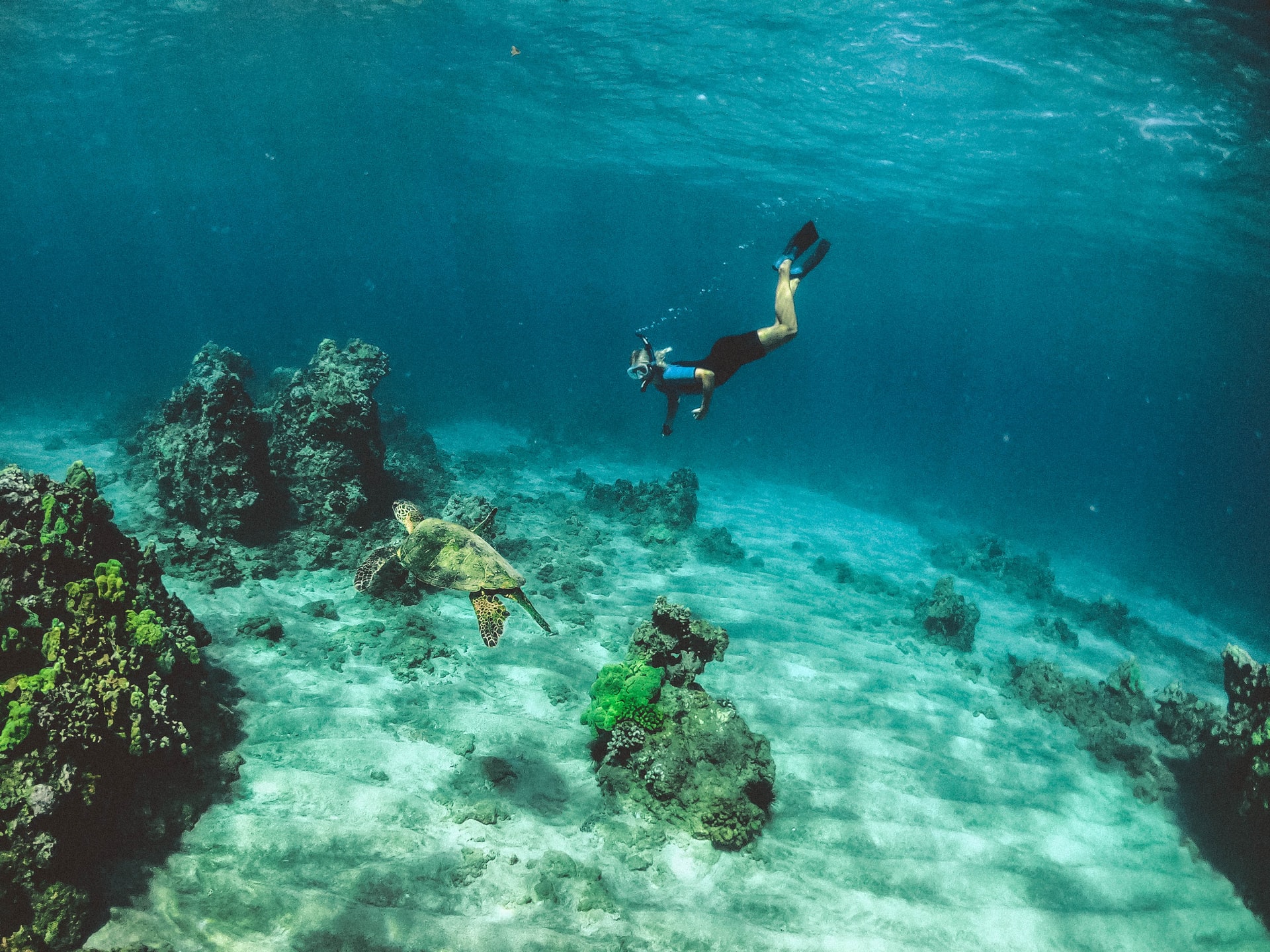
Can’t Hear After Snorkeling? 3 Possible Causes (& Solutions)
-
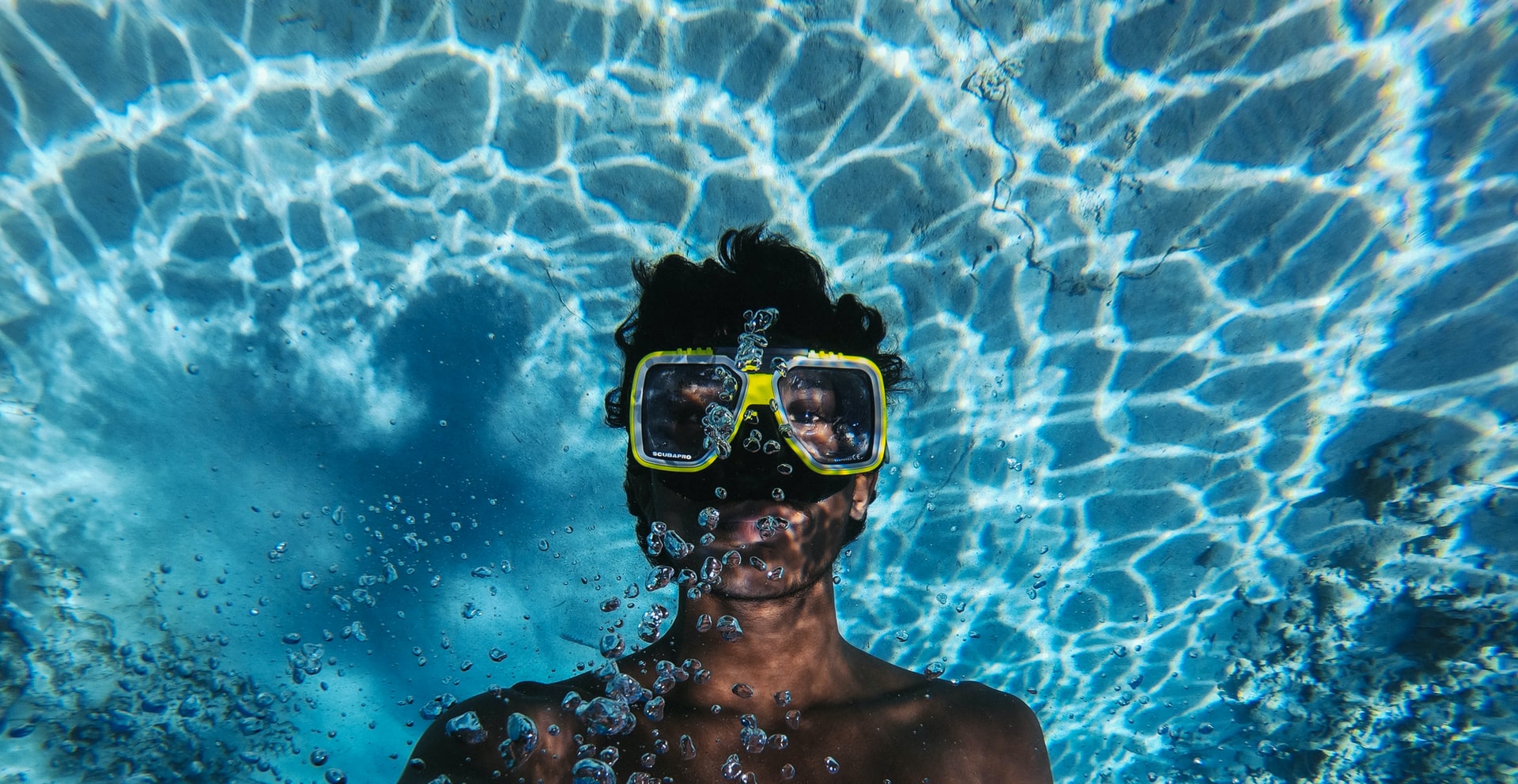
Can Snorkeling Cause a Sinus Infection? (+9 Tips to Avoid It)
-
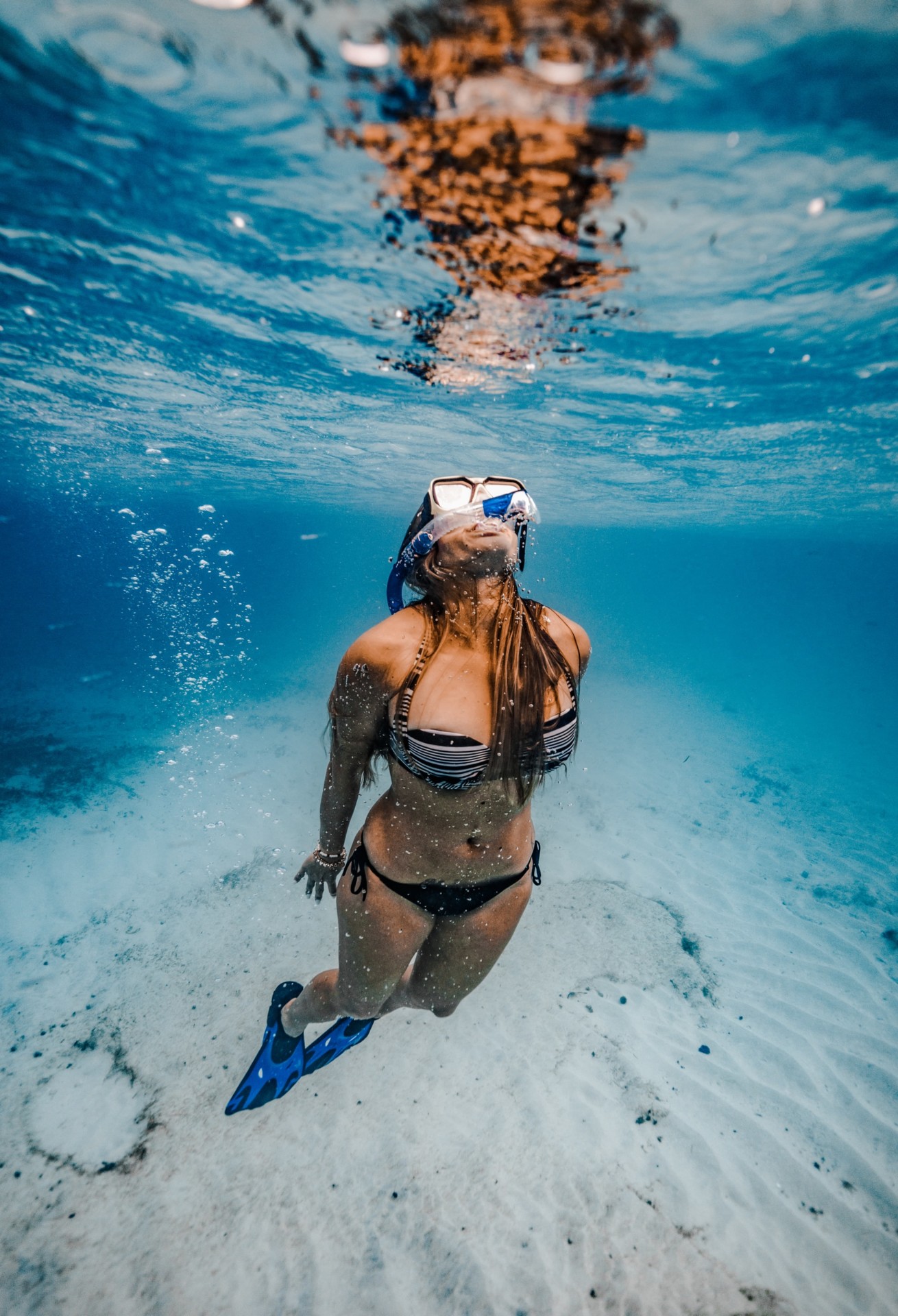
Can Snorkeling Cause a Sore Throat? 8 Common Causes (+Tips)
-
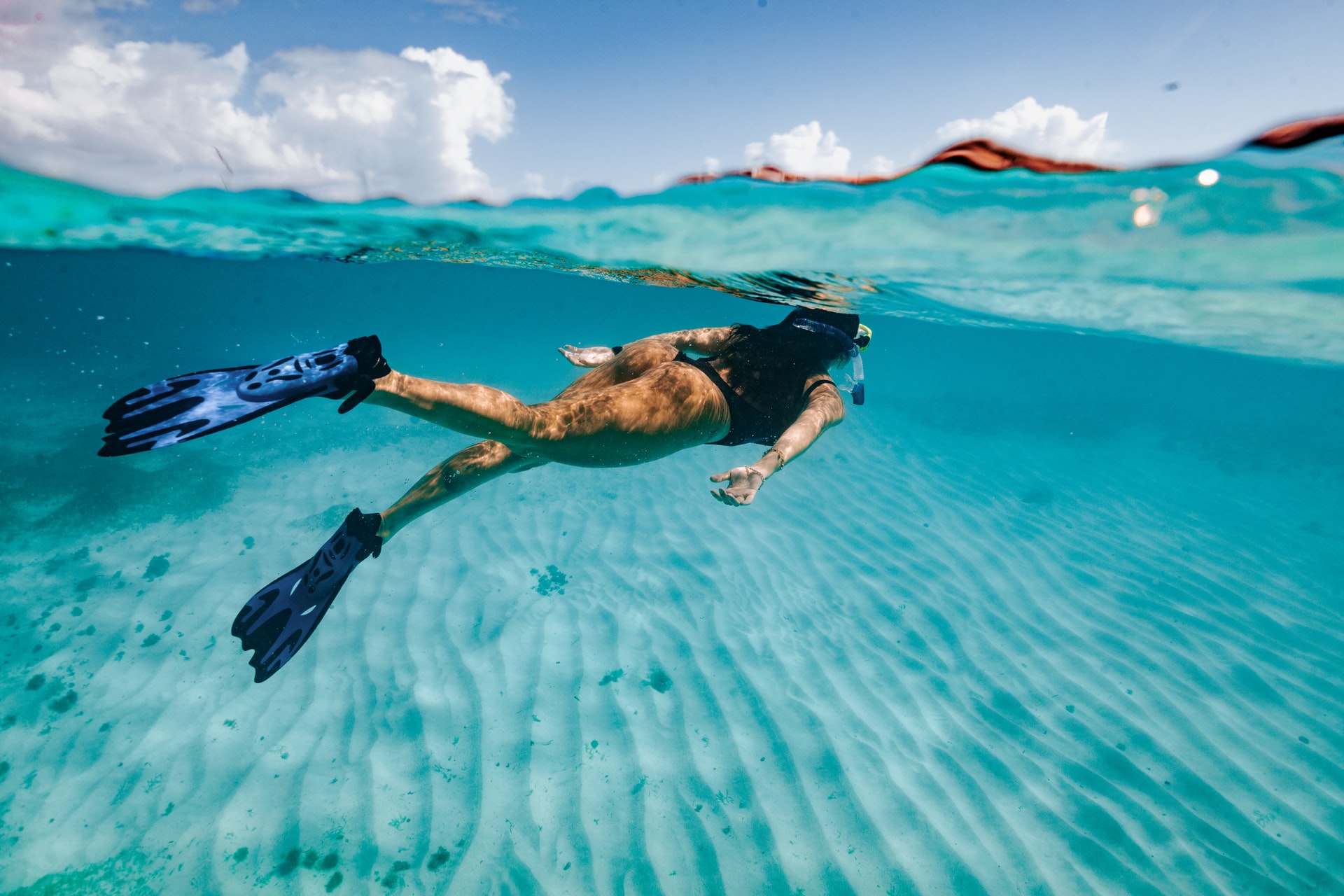
Can Snorkeling Cause Vertigo? (+8 Tips to Avoid It)
-
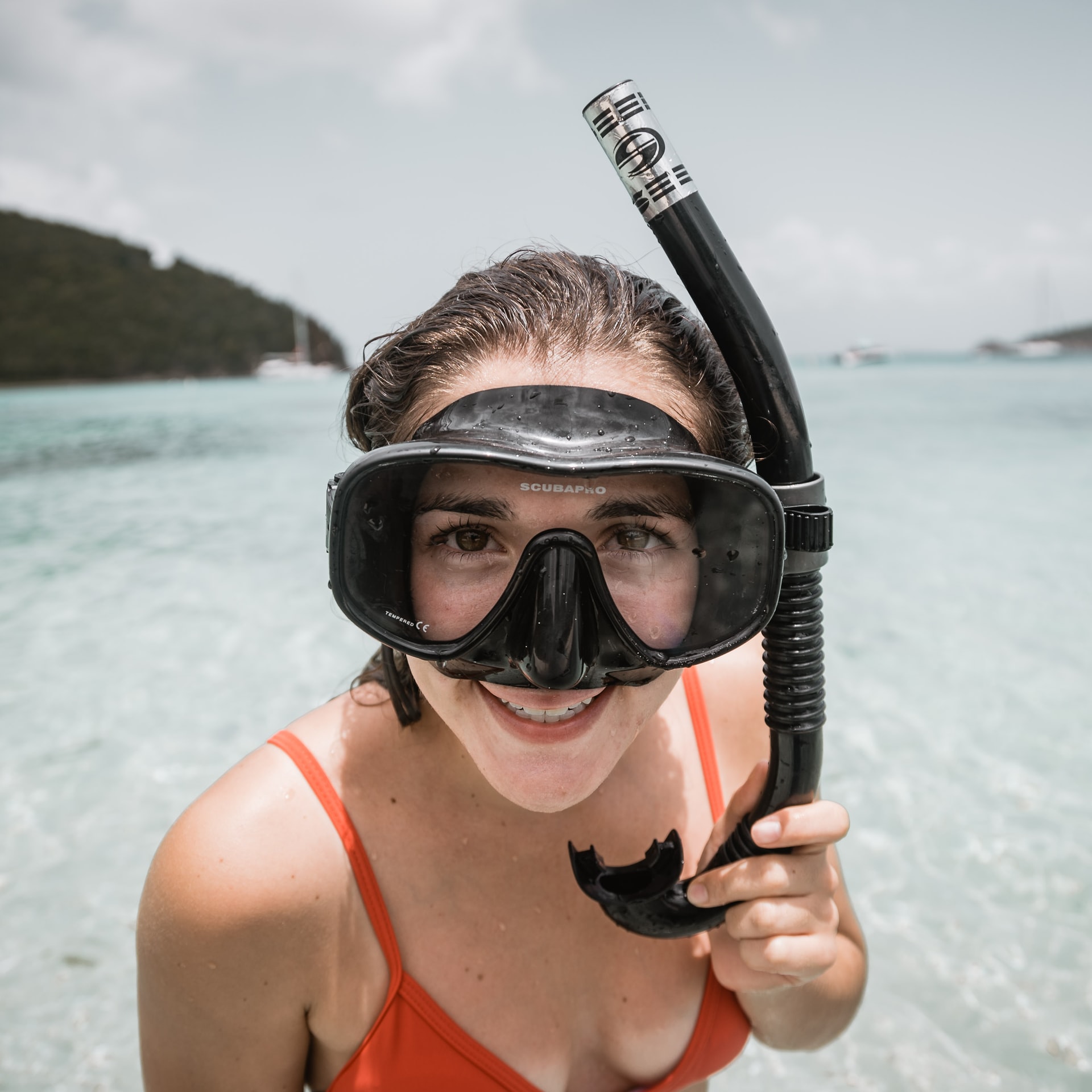
How Do Snorkel Masks Work? (+Regular Vs. Full-Face Masks)
-
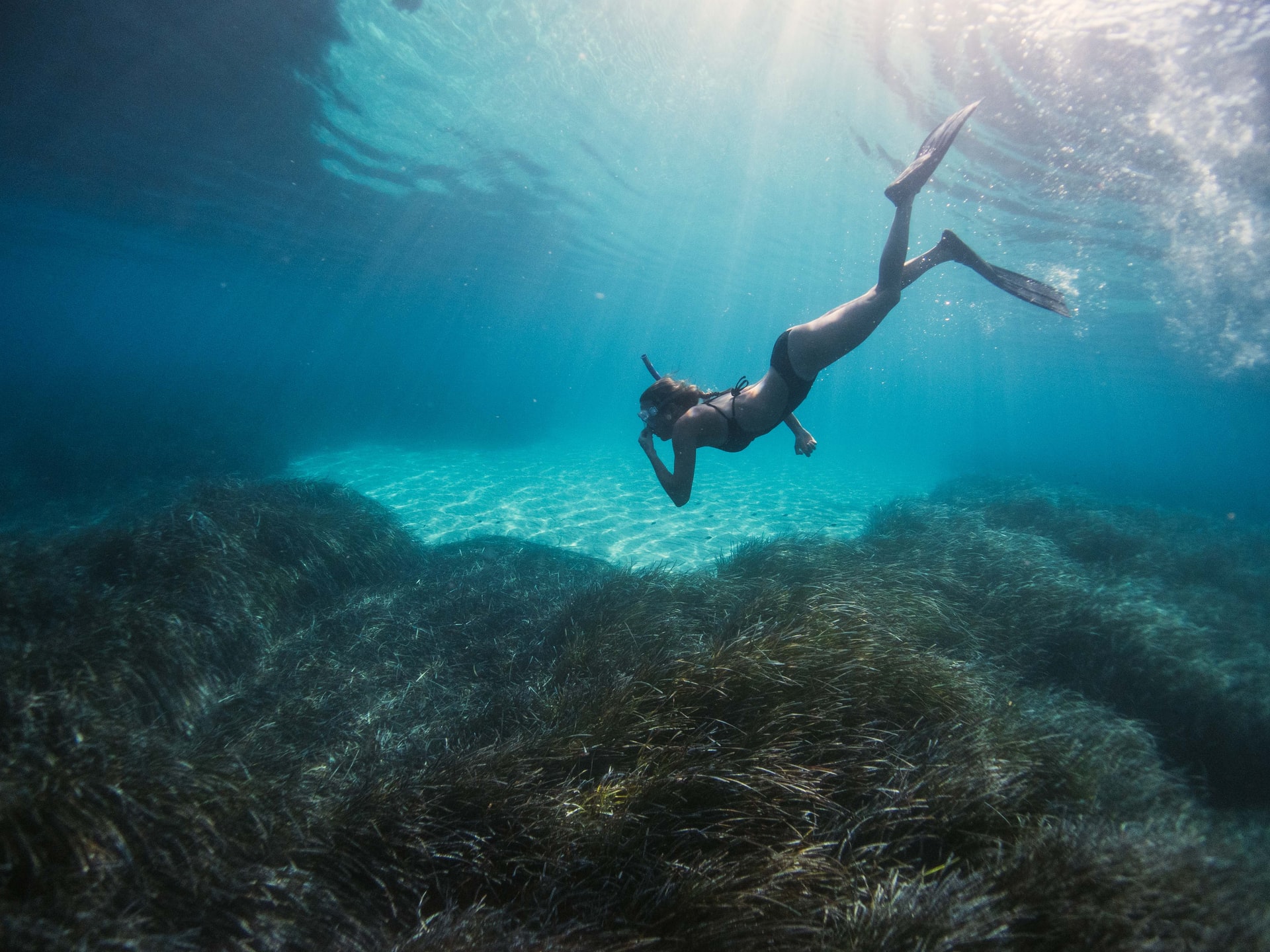
Why Does Snorkeling Make Me Nauseous? (11 Causes & Remedies)
-
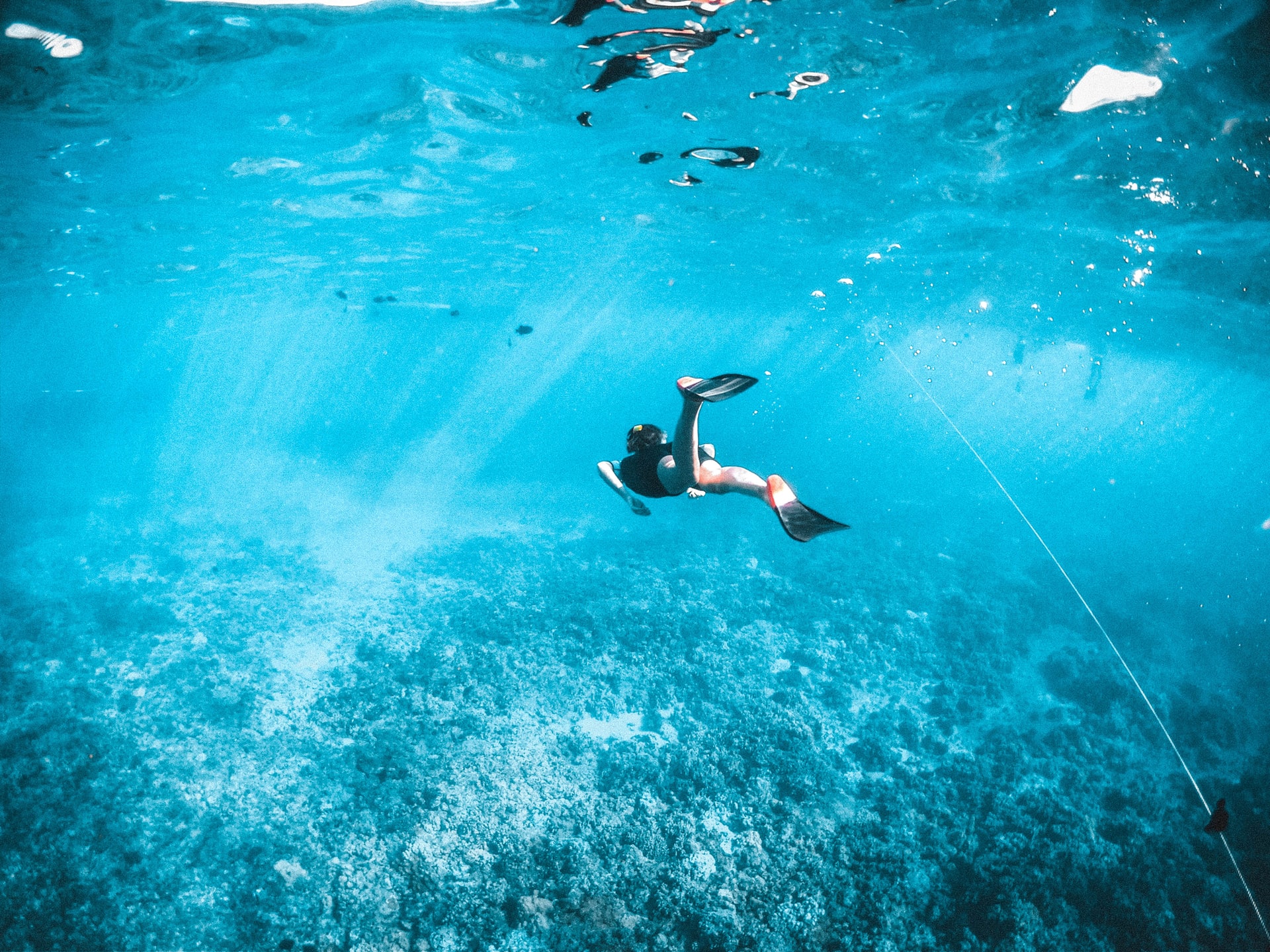
What Does Snorkeling Feel Like? FAQs Answered (for Beginners)
-
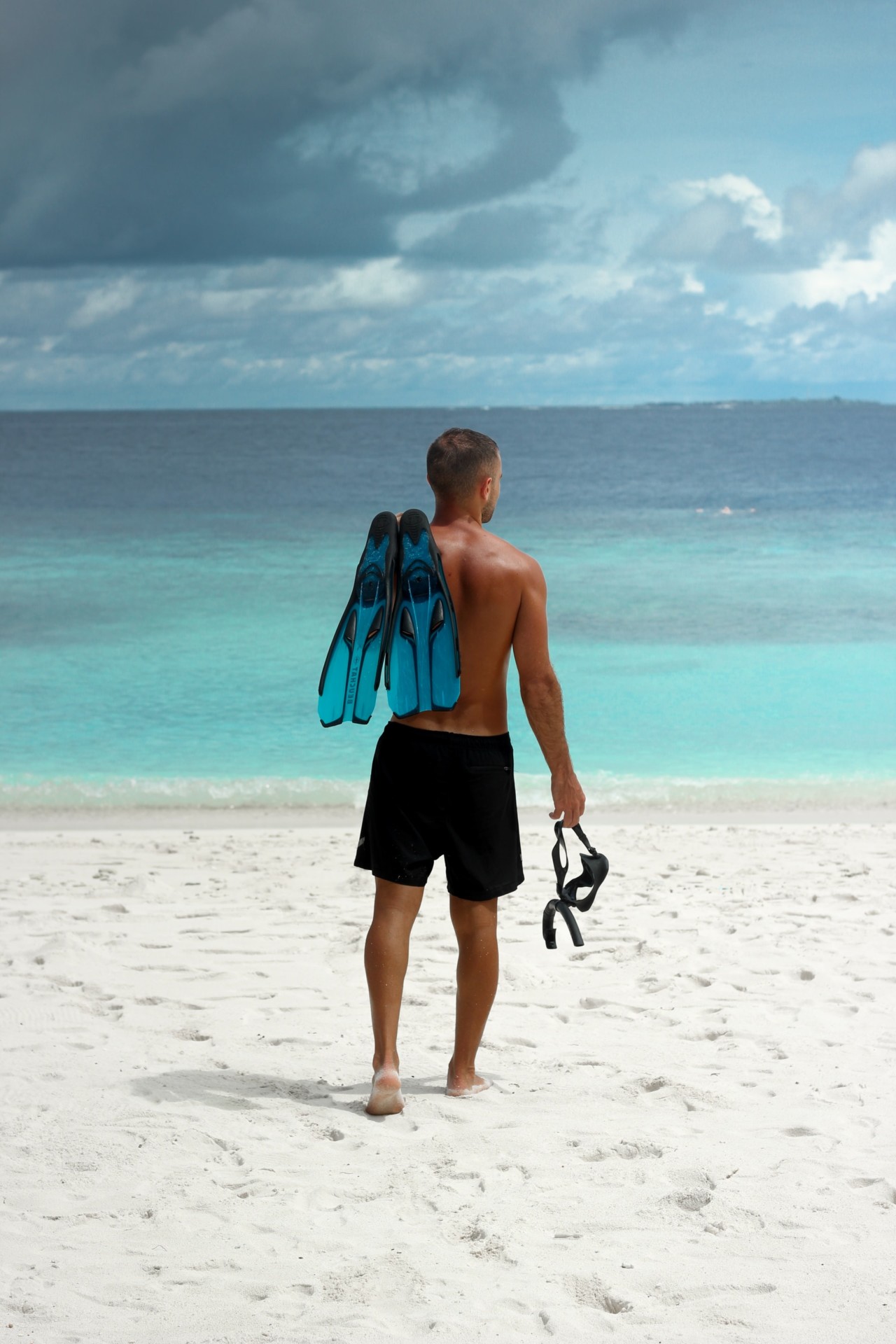
Does Rain Affect Snorkeling Visibility? 4 Ways It Does (+Helpful Tips)







